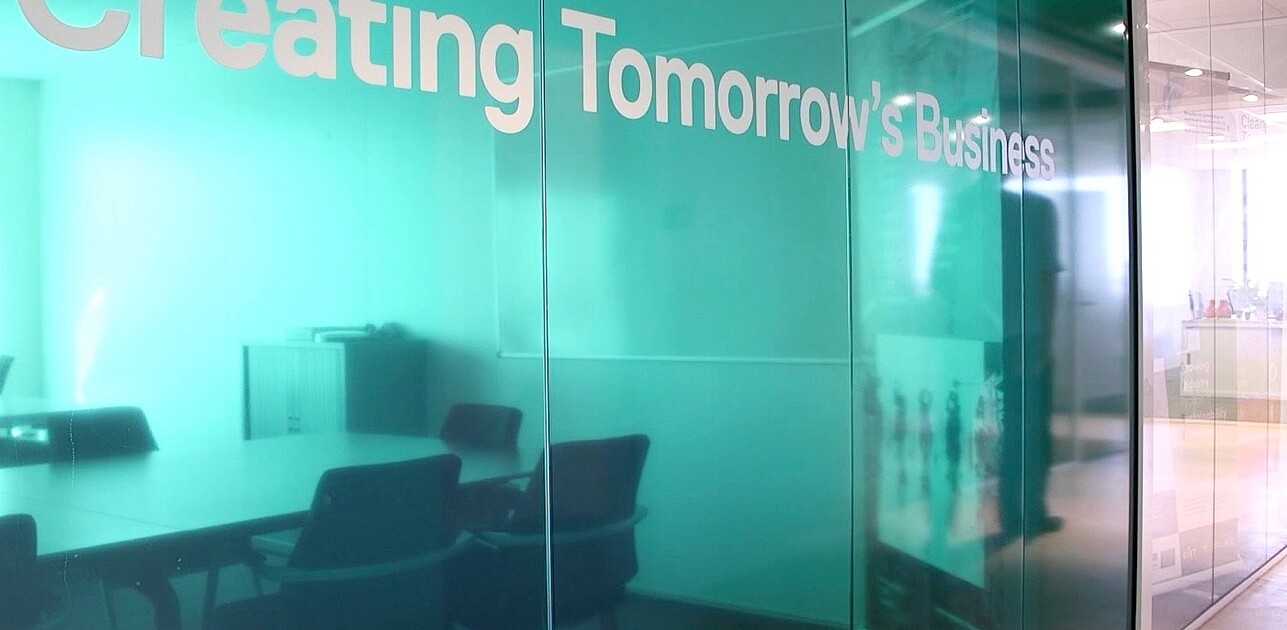

Article: Friday, 28 September 2018
Start-up companies often need to attract investment in order to grow. Sometimes they promise a ‘disruptive vision’: they say their product or service will fundamentally change an industry. But are disruptive visions effective? New research by Timo van Balen, a PhD candidate working in the Erasmus Centre for Innovation Management at Rotterdam School of Management, Erasmus University (RSM), shows that a disruptive vision can indeed attract investors, but it also reduces the amount invested.
Entrepreneurs might say that their business could shake up the industry or produce world-changing effects. Researcher Timo van Balen says: “We call these disruptive visions. A disruptive vision can convince investors to put money into the start-up, because disruptive businesses change the playing field and create new market leaders. Investors may not want to miss out on the next big thing, and they rely on the start-up’s communication of these exciting ideas to understand what the start-up is about.”
Van Balen wanted to know how the communication of a disruptive vision influences investors. He took data from 918 Israeli start-ups from the database of Start-Up Nation Central, a private non-profit organisation that has collected data on all Israeli start-ups since 2013, and looked at the relationship between the vision statements on their websites and how much funding they secured from investors. Van Balen discovered that: “increasing the communication of a start-up’s disruptive vision improved the odds of receiving funding by 22 per cent. But it cut the amount invested by 24 per cent. This amounted to $87,000 less for a typical start-up in the first investment round, and $361,000 less in the second investment round.” Van Balen and his colleagues then replicated their research in an online experiment with 253 participants, and found that investors’ expectations of extraordinary returns explained the positive effect that communication of disruptive visions have on the likelihood of attracting investors.
So, what should start-up companies do when they are tempted to use a disruptive vision to attract investors? Van Balen: “Entrepreneurs must be aware that the content of their communications affects investors’ perceptions of their business, so these messages must be crafted with care. Our study shows that communicating a highly disruptive vision increases the likelihood of receiving investments, but it reduces the amount invested. So, if getting any investment of any size is very important, a highly disruptive vision might be your best choice. But if it’s more important to attract bigger investments, it might be smart to avoid communicating a disruptive vision of the effect of your start-up.”
Timo van Balen, Murat Tarakci, Ashish Sood, Do disruptive visions pay off? The impact of entrepreneurial visions on venture funding, Journal of Management Studies (STAR).

RSM offers Executive Education and Master programmes in various business areas for any stage of your career. For instance:

Corporate Communications & PR Manager

Science Communication and Media Officer
Rotterdam School of Management, Erasmus University (RSM) is one of Europe’s top-ranked business schools. RSM provides ground-breaking research and education furthering excellence in all aspects of management and is based in the international port city of Rotterdam – a vital nexus of business, logistics and trade. RSM’s primary focus is on developing business leaders with international careers who can become a force for positive change by carrying their innovative mindset into a sustainable future. Our first-class range of bachelor, master, MBA, PhD and executive programmes encourage them to become to become critical, creative, caring and collaborative thinkers and doers. www.rsm.nl
For more information about RSM or this article, please contact Danielle Baan, Media Officer for RSM, via +31 10 408 2028 or baan@rsm.nl.
